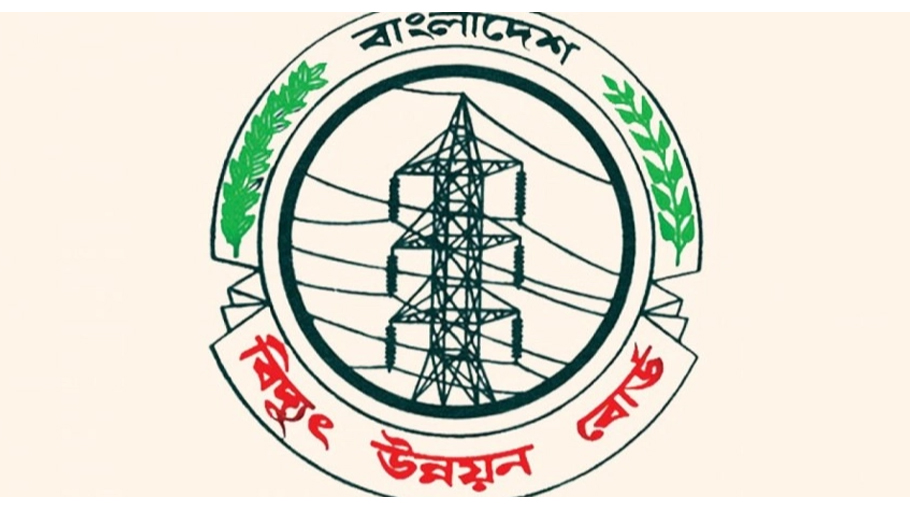BPDB’s outstanding bills surge to Tk 45,000 cr

Bangladesh Power Development Board (BPDB) is crippled with outstanding bills amount to Tk45,000 crore ($4 billion). The latest financial assessment, conducted after the fall of the Awami League government, has been submitted to the Power Division, highlighting the severe financial strain in the power sector.
The BPDB’s report calculates the debt using both the official and open market exchange rates, translating to $3.846 billion at Tk117 per dollar and $4.354 billion at Tk124 per dollar, respectively. This financial snapshot is intended to brief the interim government cheif on the sector's current challenges.
A top BPDB official told the UNB that they have prepared this inventory of income and expenditure for the new interim government to provide them with a clear understanding of the situation in the power sector.
The breakdown of the BPDB’s liabilities reveals that approximately Tk15,000 crore is owed to various gas companies under the state-owned Petrobangla, with the remaining amount to be paid to both private and public power plants.
A top BPDB official told the UNB that they have prepared
this inventory of income and expenditure for the new interim
government to provide them with a clear understanding
of the situation in the power sector
Experts warn that the power sector’s cash crunch will pose a significant challenge to the interim government. Many attribute the current crisis to the policies of the previous Awami League administration.Prof Shamsul Alam, a renowned energy expert and senior vice president of the Consumers Association of Bangladesh (CAB), criticized the sector’s transformation into a profit-driven industry benefitting select business groups. “The Speedy Supply of Power and Energy (Special) Act 2010 was the root of this issue, creating an unfair competitive environment in the power sector,” he said. The financial woes of the power sector are not new. As of February this year, the cumulative outstanding bills in the power and energy sectors had already reached $5 billion, with $4 billion of that debt tied to the power sector alone.
The BPDB’s financial strain is exacerbated by its obligation to purchase electricity from independent power producers (IPPs) in dollars, alongside the import of 2,500 MW of electricity from India, of which 1,500 MW comes from the Adani power plant.
“Each day, we require at least $40 million from Bangladesh Bank to meet our payment obligations, but we’re only receiving $5-7 million daily,” said a BPDB official, who requested anonymity due to the sensitivity of the matter.
Further complicating the situation, large IPPs such as SS Power, Payra, Rampal, and Adani are paid in foreign currency, while others, though paid in local currency, are permitted to convert these payments to foreign currency as stipulated in their contracts.
The crisis extends beyond electricity alone. According to the Bangladesh Petroleum Corporation’s (BPC) Annual Report, the country imported approximately 6.86 million metric tons of petroleum products in the fiscal year 2022-23, at a total cost of $6 billion (Tk62,132.61 crore), adding another layer of financial pressure to the energy sector.




